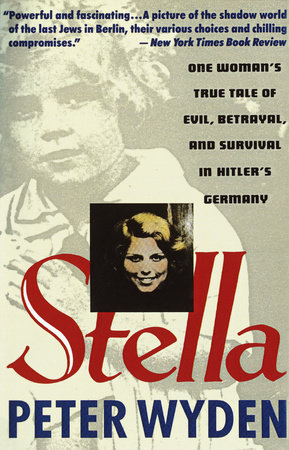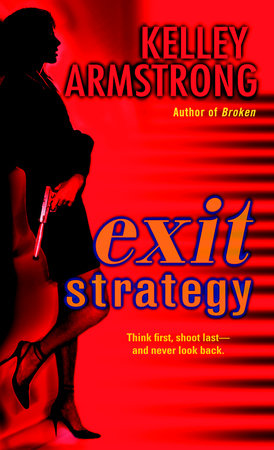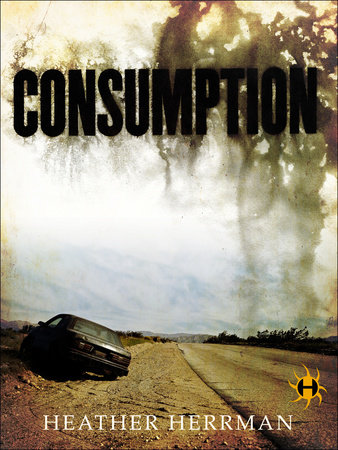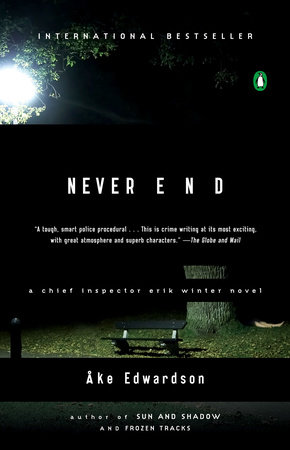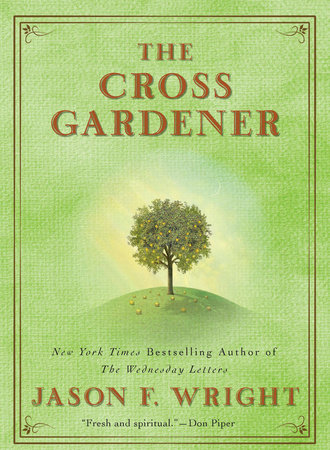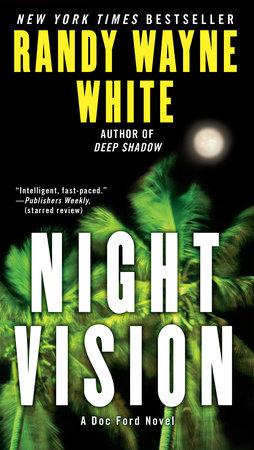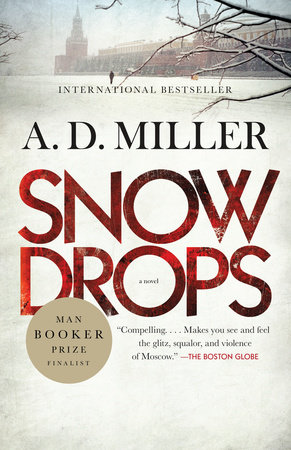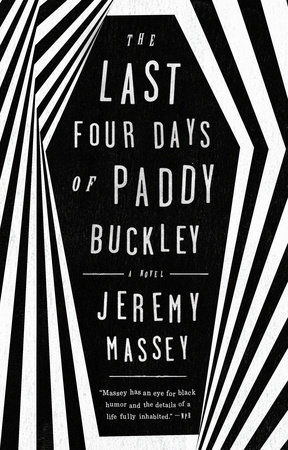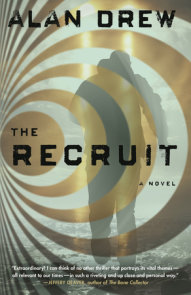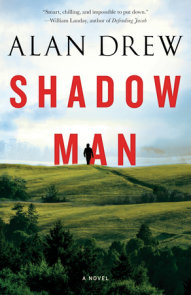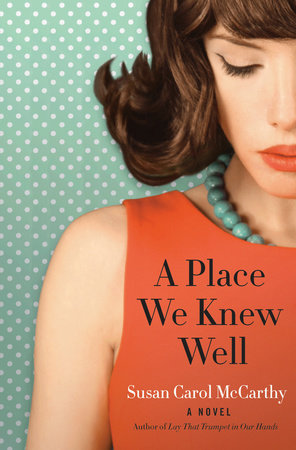Author Q&A
A Conversation with Alan Drew
Random House Reader’s Circle: You were in Istanbul at the time of the devastating earthquake upon which the events of the novel are based. Can you tell us a little bit about that experience?
Alan Drew: My wife and I arrived in ˙Istanbul four days before the 1999 Marmara quake. Even though I had grown up in Los Angeles and had lived in San Francisco for five years, I’d never felt a stronger or longer lasting earthquake. The quake hit at 3:00 in the morning. My wife felt the shaking first and woke me. I grabbed her and we stood in the doorway of our bedroom and we held each other as the apartment shook. I kept saying, “It’ll be over in just a second,” but the shaking wouldn’t stop, and those forty-five seconds seemed to last forever. Finally, it ended. We walked around the apartment, and were surprised that nothing had fallen off the walls or shelves—not the pictures we’d hung, not the wine bottle sitting on a glass shelf above the sink. We called our parents in the States and told them that we were okay. Then we went back to bed, not realizing the magnitude of the disaster. A couple hours later, we woke to the sound of people outside in the street, news reports blasting from car stereos. We realized then that something significant had happened. Our building was fine; it was a well constructed apartment built for a private school that had the funds for good building materials. The buildings that collapsed in Istanbul and nearer to the epicenter in ˙Izmit were built on landfill, or built of poor materials. Those buildings were, of course, the apartments in which the poorer people of the city lived, and those people made up the greatest numbers of casualties—perhaps as many as 30,000 killed. For months after the quake, wanted signs were posted around the city for a general contractor who had mixed beach sand in the cement he used for cinder blocks. When the quake hit, those blocks turned back to sand with the shaking. I don’t know if they ever caught him or not, or if this was simply a way for the government to take the attention off their inability to enforce building codes. Many of the people who were killed were, like Sinan and his family, displaced from their Anatolian villages by the war in the south, by a simple lack of economic opportunity, etc. Many news reporters spoke of the quake as though it were a disaster that struck the rich and poor equally, but while some wealthy people were killed in their summer homes in Yalova, the vast majority of the people killed were the poor, the displaced and the disenfranchised. The earthquake revealed the great chasm between the experiences of the wealthy and that of people living in poverty. The earthquake was not only a natural disaster, but a political and social one as well.
RHRC: When did the idea for the novel come about? How long after the earthquake did you begin Gardens of Water?
AD: There were many experiences living in Istanbul that feed into the story, but the germ for the book came very shortly after the quake. School was cancelled and my wife and I found a relief agency that was feeding and providing shelter to victims of the quake. As we traveled to the epicenter, it became clear how horrible the quake really was. High-rise apartments lay pancaked in the street, roads were cracked into deep fissures, and people camped in the grassy centers of freeway on-ramps. We were shocked at the thousands of white tents laid out in rows along the coast, and the dozens of orphaned kids playing soccer in the dirt. The Turkish government was completely overwhelmed by the tragedy, so many foreign relief organizations flooded the region to provide assistance. Since the school we worked for had missionary connections going back to the early nineteenth century, they had set us up with a southern Baptist church group from Texas that ran this particular tent city. They all wore blue shirts with doves on them and crosses on the chest pockets. The camp was organized and clean and we helped feed a few hundred people breakfast and lunch. While we were cleaning dishes after lunch a young man approached our group of teachers. He wore pleated shorts with the blue shirt tucked neatly into the waist. I remember his hair was neatly combed and he smelled of cologne or aftershave. He got down on his knees in a gesture of intimacy. “You’re all Christians, right?” he said. Before anyone could answer him, he said: “Well, why don’t you get out there and spread the Good News.” He jumped up and ran off into the sea of tents with unbelievable energy and confidence. Later, as winter approached and the Turkish government had recovered from the shock of its own ineptitude, this group was kicked out of Turkey for proselytizing to children in the camp. If true, this struck me as such an abuse of the people they were caring for. It also struck me as such a wasted opportunity. Had these people simply cared for the Turkish Muslims who had lost everything, had offered them food and kindness, and had not tried to convert them, what a positive impression these Muslims would have had of Christian charity. Since this group was American, too, what a positive impression the people of the camp would have had of American kindness. Instead, this group used food and shelter as power over helpless people. To me, this seems like a sort of religious imperialism that is counterproductive to peaceful coexistence in a world that is religiously pluralistic. In the book, I wanted to explore the anger I imagined a devout Muslim, such as Sinan Basioglu, might feel in such a situation. Another experience that fed into the book happened in our last year in Istanbul. A series of honor killings on the fringes of the city shocked people in this western leaning, cosmopolitan town. The press covered the killings in a most sensational way—shocking interviews with relatives, particularly a mother who while seeming bereaved suggested that her husband did the right thing and that her daughter had provoked the killing. There was courtroom drama, bloody details of the acts, etc. The killings exposed a deep divide in the country between east and west, fundamentalist Islam and more moderate, secular Muslims, the village and city, the ancient and modern.
Strangely enough, I didn’t begin the book until I returned to the States and began working on my MFA at Iowa. For some reason, I found it difficult to write about Turkey while living there. Instead I stored up as much information as I could in pictures, notes, mementos, and sifted through these things later to find the right details to inform the narrative of the book.
RHRC: How much research did you do for the book? Did you know much about the plight of the Kurds beforehand, or the political situation in Turkey?
AD: Without knowing it, I was doing research for the book the whole three years I was living in Turkey. When I arrived in Turkey I knew very little about the country. My wife and I took jobs teaching there, simply because it seemed like it would be a great adventure. While there, I became completely fascinated by the country and the Middle East, in general. Everything about Istanbul defied my expectations. My wife and I travelled extensively throughout the country, and continued to be surprised by the complexity of the country as well. The region is so rich in history and so complex in its conflicts, and I read everything I could get my hands on about the history, the political situation, the culture to try to understand these complexities. The Kurdish situation was interesting to me from the beginning, since Ocalan, the leader of the Kurdistan Workers Party at the time, had just been captured in Africa by the Turkish secret police. Before I even thought about writing a book about a Kurdish character I read about and studied the Kurdish situation as much as I could. While at Iowa, I took a Middle-Eastern studies class and continued my studies
on my own—reading translations of the Koran, various books about the Kurdish issue, and political websites. In general, there is no research substitute for living in a country, for learning the language, and for sitting down and talking with people. That research was the most valuable of all.
RHRC: You’ve created a fascinating cast of characters, all with such distinct and unique personalities. Do you have a favorite?
AD: It sounds strange to say, but, despite the horrible things he contemplates doing, I love Sinan. He feels like he really does exist to me, even though he only exists in my mind and on paper. His conflicted nature and his complexity are what I love most because I think we’re all like that. No one is absolutely bad and no one is absolutely good. We all struggle with our conflicting natures, that struggle can be exacerbated by outside influences—war, poverty, loss, etc. I think, Sinan’s honesty, or his desire to be honest is of utmost importance to me. Sinan wants to be a good man, he wants to love his children equally, he wants to understand people, but he is also powerless, angry, bitter, and above all, scared. It’s difficult for me to talk about Sinan in a way that will shed any more light on his character than the book already does because he is confusing to me as well, just as he should be, I think. If I read the book today, I would still struggle with his character—I would love him, be disappointed in him, be repulsed by him, but in the end, I would still care about him because he does struggle, and there is nobility in that struggle.
RHRC: You were a teacher in Istanbul for three years. Did you ever meet any girls like Irem? Is the character based on anyone in particular?
AD: The students I worked with were mostly from very wealthy families, and they tended to be Western leaning secularists. While Irem is not based on any particular person I met, there are two girls I kept in mind while writing the book. One was a girl my wife taught in one of her classes. She was a new student, and despite a strict ban on headscarves in schools and other public institutions at the time, she tried to attend classes wearing her headscarf. This caused a huge uproar in the school, which involved meetings between the American and Turkish principals and the girl’s parents, a threat to expel her, and her family finally acquiescing. The girl remained at the school, but she
had to take her headscarf off each day before she walked through the front gates. She was often ostracized by the other students as being backwards.
Another girl was a student of mine. In the winter of 2001, she committed suicide and the Istanbul media ran very sensational stories about her and her death. According to the media, she had fallen under the influence of “Satanist” leaning friends who took drugs and hung out in the tattoo parlors and music shops of Kadikoy. The media and the family accused the school of not caring enough to help her, and the people at school suggested that the parents hadn’t done enough to save their daughter. It was a very sad and confusing time, and it seemed that the only way people could deal with the loss of such a young, intelligent girl was to lay blame on others. Irem, I think, grew out of my memory of these two girls and my own need to understand what would drive such a young girl to kill herself.
RHRC: This is your first book. Can you tell us a little bit about your writing process, and the journey to publication. Did you always want to be a writer?
AD: I wanted to be a painter or a musician, actually. It wasn’t until I was in college that I realized I was not a great painter or a talented enough singer to try and make a living doing either. I graduated with a BA in English/Creative Writing and wrote off and on throughout my twenties, but it wasn’t until I moved to Istanbul that I really began writing seriously. I wrote an article about the earthquake, which I published in a few newspapers. I colleague of mine, Robert Rosenberg, who was working on a novel at the time, read the article and suggested that I keep writing. We started exchanging our work and having mini-workshops together over beers once a month. Robert applied to and was accepted to the Iowa Writers’ Workshop. I applied the following year and was accepted as well.
At Iowa, I wrote every day for the first time in my life and produced a ton of work, writing new pages in the morning and editing in the evening, a process I try to maintain today. I began Gardens of Water towards the end of my first year at the workshop just before I met my agent, Dorian Karchmar and signed on with her. I thought I would get the novel done in a year or so, but I didn’t have a clue about how complicated writing a novel could be and it actually took me a little over four years to write. Dorian stuck with me throughout the process and provided me with excellent editorial feedback. I had the arc of the story done about two years into the process, and the last two years I spent reworking the story, cutting whole sections, adding others, moving scenes from one part of the book to another,
adding characters and even adding Irem’s point of view which didn’t exist in the early drafts. As far as publishing the book, I feel very lucky. While I was at Iowa, Ethan Canin had sent a novella of mine to Kate Medina at Random House. She liked the story, and four years later when Dorian sent the manuscript of Gardens of Water to her, she remembered me, and the story and she made an offer on the novel very quickly. I thought I’d have to go through months of tortuous rejections, and feared the book might not be published at all. Instead it happened very quickly, and for that I’m very grateful.
RHRC: What other books would you recommend for those who enjoyed Gardens of Water? What are some of your favorite novels?
AD: I read a ton of nonfiction for some reason. Nonfiction is more relaxing to me than reading fiction, since when I read fiction, I often find myself thinking more about how the story is put together than simply enjoying it. I recently read Rory Stewart’s The Places in Between, and thought it was fantastic nonfiction, but with a strong narrative thread. I’ve been working through Naomi Klein’s The Shock Doctrine, which I find to be fascinating, scary, and disheartening. As far as fiction goes, I love most anything by Graham Greene, especially The Quiet American, and The Heart of the Matter. I think Gilead by Marilynne Robinson is brilliant and beautiful. One of my all-time favorite books is Angle of Repose by Wallace Stegner. I just finished The Beautiful Things that Heaven Bears by Dinaw Mengestu, which I thought was a very powerful debut novel. I also love Atonement by Ian McEwan and Disgrace by J.M. Coatzee.
RHRC: What’s next for you? Can we expect a book that’s similar to Gardens of Water, or something different?
AD: I’m currently working on two different possible novels, one that is set in Istanbul and focuses on the art scene there, and another that is very different from Gardens of Water. For the moment, I’m focusing on the latter as that book is feeling more emotionally compelling to me. I hope to have one of them completed in the next two years.



